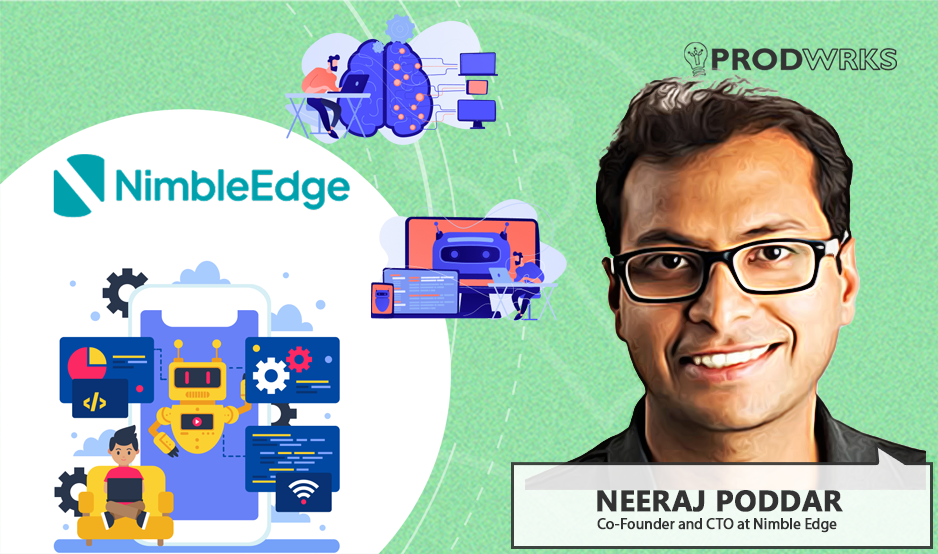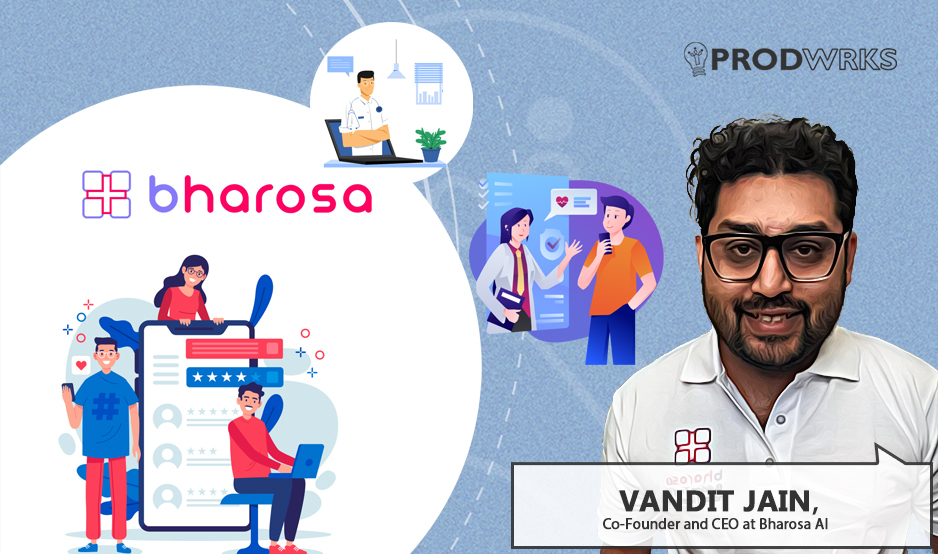
The author of this article, Sanjeev Menon is the Co-founder and Head of Product at E42 (formerly known as NLP-Bots).
ChatGPT has become a global phenomenon, garnering widespread attention and recognition. Despite the plethora of articles written about ChatGPT, what remains to be answered is: what impact does it have in the field of enterprise automation?
To answer this question, we must examine the subject through the lens of intelligent automation and assess its implications on the industry as a whole.
Considering ChatGPT’s striking capabilities, it makes you wonder – can this AI tool be compared to the transformative role that language played in human evolution over 150,000 years ago? Before we delve into how and why ChatGPT has surpassed existing generative AI models, let’s take a step back and explore the history and evolution of language itself.
Understanding the origins and development of language can provide valuable context into the significance of ChatGPT’s advancements in the field of AI.
Evolution of Language
While animals can only express danger through simple vocalizations, thanks to language and communication – ancestors of modern-day humans, the Homo Sapiens, could not only tell the advent of impending danger, but they could also describe the nature and location of the danger in detail. Simply put, language gave them the power to gossip and spread the message through communication!
The earliest form of the written word, Proto-writing, was developed around 3200 BC. This allowed humans to communicate complex thoughts and ideas and preserve important information for future generations, enabling humans to develop and progress.
Cut to the modern-day advances in technology and AI in particular, language models have played a crucial role in the field of natural language processing (NLP), enabling machines to comprehend, understand, and replicate human language.
Researchers developed sophisticated language models such as Hidden Markov Models (HMMs) and neural network-based models to capture more complex language structures and improve language-related tasks.
Recent large pre-trained language models like GPT-3 have enabled machines to better understand and generate human language, opening up new possibilities for communication, information retrieval, and other applications.
What Makes ChatGPT Standout as a Generative AI-Language Model?
ChatGPT is a powerful language AI system built on OpenAI’s GPT-3 model with 175 billion parameters. It uses a recurrent neural network (RNN) architecture to process language and generate conversational responses. It can be used for text translation, generation, and creating dialogues.
Let's decode some of its most impactful aspects:
Size: ChatGPT is a powerful language model trained on 45 terabytes of text data to generate coherent and contextually appropriate responses.
Purpose: ChatGPT is a general-purpose language model that can perform language-related tasks such as translation, text completion, summarization, and chatbot interaction.
Versatility: ChatGPT can be tailored to specific use cases, allowing developers to achieve higher accuracy and efficiency.
Innovation: ChatGPT uses attention mechanisms and transformer-based architectures to improve language-related tasks.
Creativity: ChatGPT is a capable tool for generating novel text and inspiring new ideas in creative writing and marketing.
These aspects make it useful for language translation, code debugging, copywriting, A/B testing, and more, providing value for developers, researchers, and anyone interested in NLP.
Impact on Enterprise Automation
ChatGPT can analyze and understand human language to provide relevant responses in different contexts. The ability of ChatGPT to answer all sorts of queries and produce reports is emerging as a threat to search engines like Google and the retrieval model, as opposed to an enterprise-specific space.
Since OpenAI is an extensive language model trained on billions of parameters, it cannot get trained on a small data set. Therefore, it can’t power intelligent process automation that may include but is not limited to conversational AI. Cognitive Process Automation (CPA) enables AI to understand and process enterprise data, make real-time decisions, and perform tasks.
Organizations need specialized AI tools to automate complex workflows, trained on limited data, and capable of learning from data to perform multiple tasks. ChatGPT can generate text and answer questions, but not in automating complex workflows. Thus posing a subtle threat to entry-level jobs in content creation and software development.
The recent announcement of OpenAI’s latest version GPT-4, will allow users to experience more nuanced responses closely aligned with human language and thought processes. However, to automate complex workflows, organizations need specialized tools such as CPA or intelligent automation.
CPA tools are designed to automate enterprise-level tasks, like managing information through API calls, interacting with third-party or internal systems, and executing specific actions based on data. They are trained on a specific set of enterprise data to learn and apply that learning to multiple tasks.
Conclusion
It is essential to note that the requirements for automating enterprise-level tasks differ from those of natural language processing. While ChatGPT is excellent at generating text and answering questions, it cannot interact with third-party or internal systems. Thus, it is unsuitable for automating complex workflows in an enterprise environment.
About the Author:

Sanjeev Menon is the Co-founder and Head of Product at E42 (formerly known as NLP-Bots). E42 is a leading Natural Language Processing- based AI platform developed by Light Information System Private Limited.
He brings 25 years of passion-driven R&D experience in – Natural Language Processing, Machine Learning, Big Data Analytics, Telecommunications & VoIP, Augmented Reality, eCommerce Solutions, and Predictive Algorithms.
Being passionate about a collaborative work environment, Sanjeev focuses on building and mentoring teams that strive for innovation and excellence. He also founded NetYantra Inc., a Delaware-based VOIP product company, and has worked in varied roles such as Principal Engineer at NetSpeak Corporation – Boca Raton, Florida, and Head of Laboratory for Information Systems and Telecommunication – Gainesville, Florida.
Sanjeev is a BE and MS in Electrical and Computer Science from the University of Florida.




